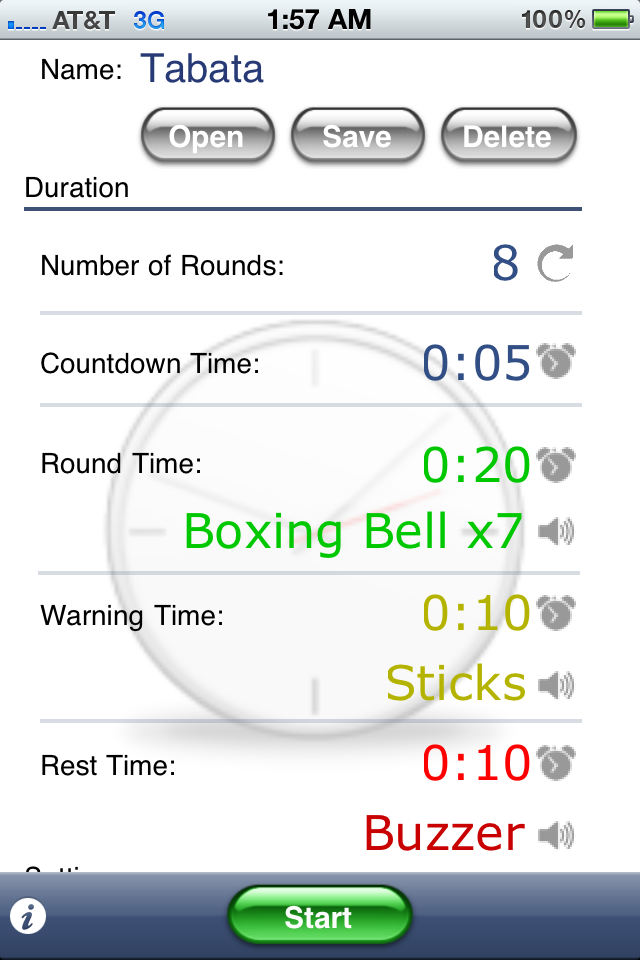
Having grown up in a family of athletes, he felt pressured to always be on top of his game and excel in his performance. You're basically just separating the tuck jump into its two separate movements, which will reduce the risk of knee injury and put less pressure on your lower body overall.Jacy Cunningham is a trainer, motivational speaker, and founder of The Jacy Method - his unique style of training where working out meets working in.įrom a young age, Jacy knew that his passions extended far beyond the playing field.
TABATA TUCK JUMPS FULL
Break the move up into two: Another low-impact version of this move would be do a squat to knee drive, lifting one knee up at a time to reach your extended arms, instead of a full tuck jump.Instead, scale it back a bit and do a squat, then a tuck jump, and then take a few seconds to reset before repeating. Squat in between reps: If you start doing the tuck jumps and find that doing one tuck jump after another isn't so great for your knees or endurance, don't do them consecutively.This will create an intense total-body cardio workout, and your muscles will be challenged to reach their fullest (and most tired.whew!) potential. Maybe you'll do mountain climbers, tuck jumps and squat thrusts, doing each move for 30 seconds to a minute, with a minute rest in between. Add it to your circuit: If you're doing a circuit with plyometric moves, I definitely recommend adding in a tuck jump.It will give your training session a metabolic boost and ensure that you end your workout strong. But adding the tuck jump to the end of a workout can be great. You're not warmed up enough and can risk injury. Do it as a finisher: I don't recommend doing a tuck jump anywhere close to the beginning of a workout.From there, I'd suggest some alternating knee lifts, to continue working on hip mobility, and then light squat jumps just to practice landing mechanics-landing softly through the feet, knees, and hips. Doing several bodyweight squats would be the perfect exercise to do as a warmup. You want to focus on movements that encourage a full range of motion through the hips, knees, and ankles. The best way to avoid injury if you are doing the movement is to do a proper warmup. As with many jump exercises, this an explosive movement-and when you land on the ground, these four areas of the body absorb the impact. If you have a knee, ankle, back or hip problem, you're going to want to skip the tuck jumps altogether.

Plus, your core is responsible for stabilizing and supporting your spine. If you're doing the move correctly, your lower abs will be engaged each time you bend down into the jumping position and as you propel upwards. Core: The tuck jump is just as much about the abs as it is the legs.In order to absorb the shock of the landing and protect your main joints, try to land softly. They'll also help extend your ankles to get your feet off the floor during the jump. Calves: You can think of your calves as a personal assistant to both of the muscles above.They'll be contracting each time you explode upward and when you lower your hips down into that final landing squat.


To do this, engage your lower abs to help drive your knees up. So make sure you're jumping with knees tucked and your body shooting upwards toward your hands, rather than aiming backward towards your butt.
TABATA TUCK JUMPS PRO
Pro tip: This is not meant to be a butt kick. Jump straight up, lifting knees to touch hands.Bend knees slightly and extend arms out at shoulder height, elbows bent and wide, palms facing floor.Start in standing position with feet hip-width apart.


 0 kommentar(er)
0 kommentar(er)
